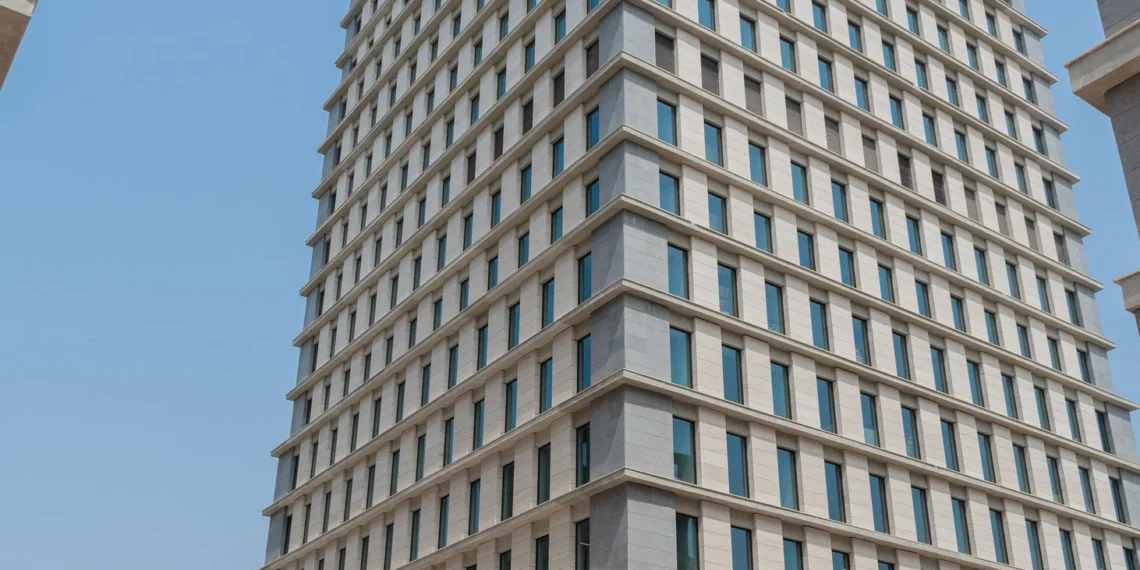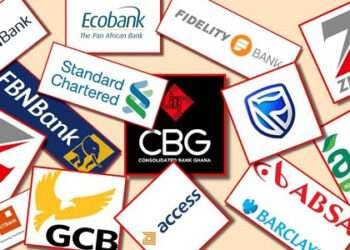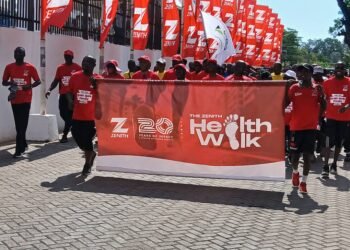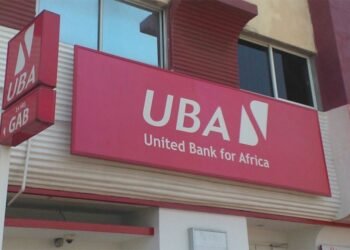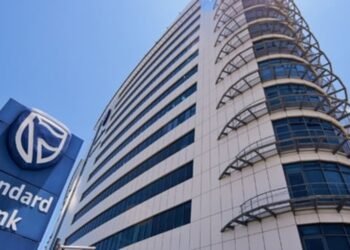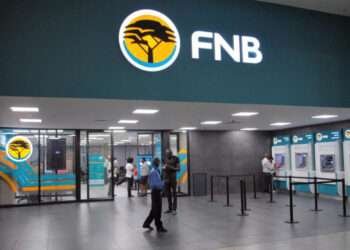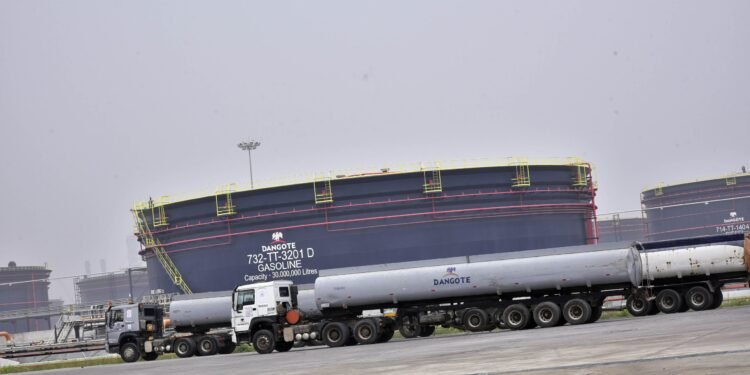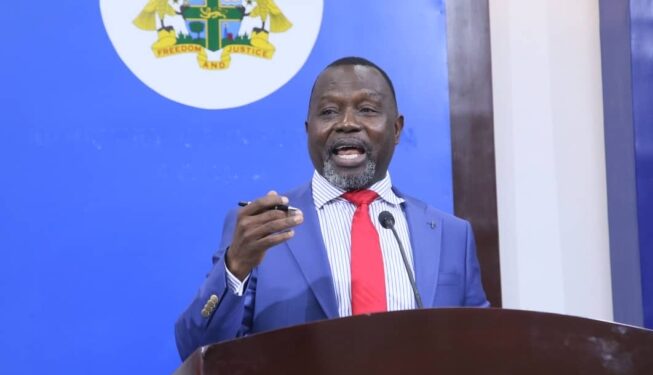Ghana’s financial sector is once again under the microscope as the Bank of Ghana (BoG) intensifies its monitoring and corrective measures against five private and state-owned banks that have failed to meet recapitalization requirements.
The move, which follows revelations from the International Monetary Fund (IMF), underscores the persistent challenges faced by some local banks in the aftermath of the Domestic Debt Exchange (DDE) and broader economic stress.
According to the IMF’s latest Country Report, most of the 13 banks that faced capital shortfalls following the DDE have successfully met or exceeded their recapitalization targets as of end-2024. These gains were largely attributed to improved profitability and capital injections through the Ghana Financial Stability Fund (GFSF). The progress is a welcome development for the banking sector, which was severely tested by the restructuring of government debt instruments and a sharp deterioration in asset quality.
However, the report painted a less optimistic picture for a subset of local institutions—particularly five banks, including at least one state-owned entity—that are still materially behind on their recapitalization schedules. These banks have become the focus of heightened BoG supervision, as they risk falling short of the 13% Capital Adequacy Ratio (CAR) benchmark required by end-2025.
Weak Capital Commitments and High NPLs to Blame
The banks under scrutiny are grappling with several compounding challenges. Chief among them are unmet shareholder capital commitments, a surge in Non-Performing Loans (NPLs), and delays in booking credit impairments identified during the BoG’s 2023 asset quality assessments.
“These factors have significantly weakened the financial buffers of affected banks, threatening not only their stability but also that of the broader financial system.”
BoG
The capital shortfalls have also been exacerbated by performance slippages and structural weaknesses that predate the DDE but were worsened by the macroeconomic shock it triggered. Despite capital support from the GFSF, these banks have not yet met the thresholds required for sustained access to further funding support, particularly from the World Bank-funded segment of the GFSF.
BoG Steps in With Intense Oversight and Remedial Plans
In response, the BoG has stepped up its regulatory oversight of the affected banks. This includes close monitoring of liquidity and capital positions, as well as implementation of remedial and corrective actions.
These banks are now required to adopt and implement updated recapitalization plans that address both historical weaknesses and new operational challenges. According to BoG, these plans must be credible, time-bound, and measurable to ensure that all banks meet the CAR requirement by the stipulated end-2025 deadline.
“Failure to meet this timeline could result in regulatory sanctions, including the potential withdrawal of banking licenses or forced mergers,” a senior official at the BoG disclosed.
There is still hope for struggling banks. The IMF noted that if Parliament approves and fully implements the World Bank-funded component of the GFSF, it could help provide a capital buffer for some of the lagging institutions—provided they first meet certain eligibility conditions. Chief among these is securing sufficient capital injections to reach minimum levels required for fund access.
This added layer of support could offer a much-needed lifeline to otherwise viable banks that are merely experiencing a temporary setback.
Meanwhile, the mixed performance among Ghana’s banks signals a growing divergence in the resilience and governance structures of financial institutions. While many banks have rebounded impressively, the continued struggles of others highlight systemic risks that must be addressed to avoid contagion effects.
For stakeholders—ranging from investors and depositors to regulators—the next 18 months will be crucial. The ability of the remaining banks to meet the CAR deadline will likely determine the strength and credibility of Ghana’s post-DDE financial recovery.
READ ALSO: Interest Rate Hike: A Short-Term Threat to Ghana’s Stock Market Performance – Analyst Warns



